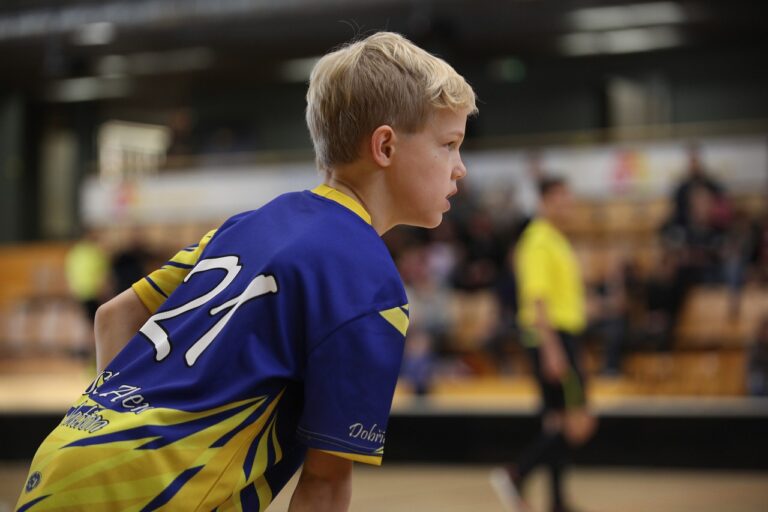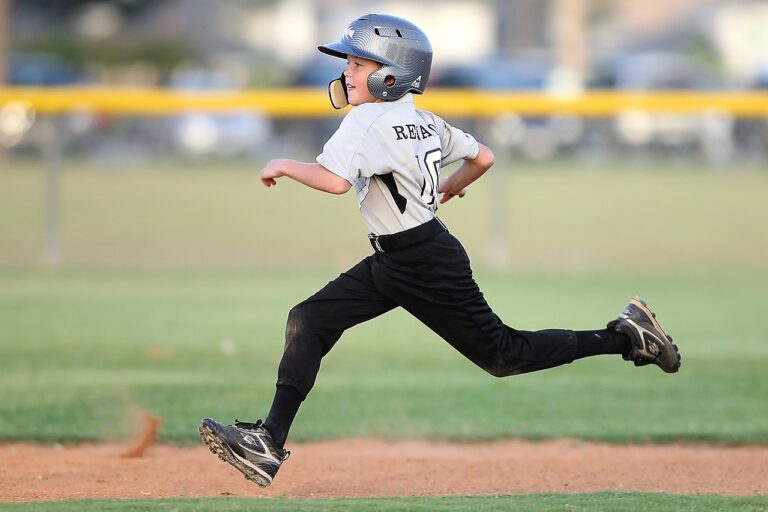The Role of Psychology in IPL Team Dynamics
Apbook, Betbhai9: Team dynamics in the Indian Premier League (IPL) play a crucial role in determining a team’s success throughout the tournament. The interactions between players, coaches, and support staff can greatly influence the overall performance of a team. Understanding how individuals within the team interact with each other and how they collectively work towards a common goal is essential for building a strong team dynamic.
The diversity of backgrounds, cultures, and playing styles within an IPL team can both be a strength and a challenge. Embracing this diversity and fostering an inclusive environment where each member feels valued and respected is key to developing a cohesive team unit. Effective communication, mutual respect, and a shared sense of purpose can help in overcoming differences and building a unified team that can perform at its best on the field.
The Impact of Individual Psychology on Team Performance
Individual psychology plays a crucial role in determining the success of a team in the high-octane environment of the Indian Premier League (IPL). Each player brings a unique set of personality traits, strengths, and weaknesses that can significantly influence the overall team dynamics. Understanding and effectively managing these psychological aspects are key factors in enhancing team performance on the field.
Players with strong mental resilience and a positive mindset can inspire their teammates and create a sense of belief within the team. On the other hand, individuals struggling with self-doubt or anxiety may inadvertently impact the team’s morale and cohesion. Identifying and addressing these psychological factors is essential for creating a harmonious team environment where each member feels valued and supported.
Building Trust and Communication within IPL Teams
Trust and communication are two fundamental pillars that support the success of IPL teams. Without trust, players may hesitate to rely on each other, leading to breakdowns in teamwork and collaboration. Moreover, effective communication ensures that team members are on the same page, reducing misunderstandings and conflicts that could hinder team performance. In the high-pressure environment of the IPL, fostering trust and open communication is crucial for teams to function cohesively and achieve their goals.
Building trust within an IPL team requires transparency, consistency, and respect among players and coaching staff. It involves being reliable, accountable, and supportive of one another both on and off the field. When trust is established, team members feel comfortable sharing their thoughts and ideas, leading to better decision-making processes and greater unity. Similarly, clear and open communication channels help ensure that information flows freely within the team, enabling quick adjustments and adaptability during matches. By prioritizing trust and communication, IPL teams can enhance their overall performance and create a positive team environment for success.
Trust and communication are essential for the success of IPL teams
Without trust, teamwork and collaboration can break down
Effective communication reduces misunderstandings and conflicts
Building trust requires transparency, consistency, and respect among players
Clear communication channels enable quick adjustments during matches
What factors influence team dynamics in IPL?
Team dynamics in IPL are influenced by factors such as player personalities, leadership styles, communication strategies, and team culture.
How does individual psychology impact team performance in the IPL?
Individual psychology can impact team performance in the IPL by influencing player confidence, motivation, decision-making, and overall team cohesion.
Why is trust important in IPL teams?
Trust is important in IPL teams because it fosters cooperation, respect, and open communication among team members, leading to better performance on the field.
How can communication be improved within IPL teams?
Communication within IPL teams can be improved by promoting active listening, providing regular feedback, setting clear goals, and establishing open channels of communication among team members.
What are some strategies for building trust within IPL teams?
Some strategies for building trust within IPL teams include promoting transparency, demonstrating reliability, honoring commitments, and fostering a supportive team environment.
How can team members overcome conflicts and build stronger relationships in IPL teams?
Team members can overcome conflicts and build stronger relationships in IPL teams by practicing effective conflict resolution strategies, showing empathy and understanding, and working towards common goals for the team’s success.
What role does leadership play in fostering trust and communication within IPL teams?
Leadership plays a crucial role in fostering trust and communication within IPL teams by setting a positive example, creating a supportive team culture, and facilitating open and honest communication among team members.







